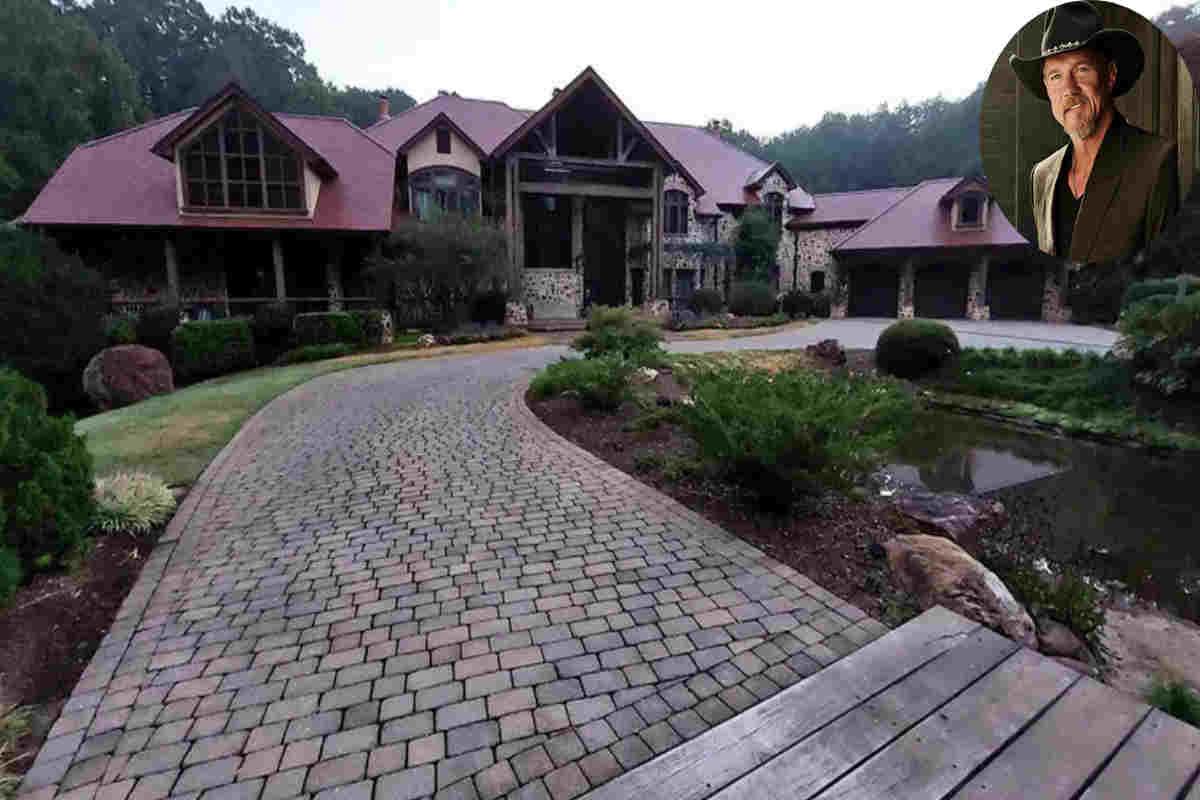Sodium Naphthalene Sulphonate Formaldehyde: A Key to Superior Concrete Solutions
In today’s fast-paced construction industry, efficiency, durability, and quality are paramount. Concrete, being the most widely used construction material, demands continuous improvement in its properties to meet evolving standards. Sodium Naphthalene Sulphonate Formaldehyde (SNF) has emerged as a vital chemical in this regard. Acting as a water reducer, cement additive, and essential element in construction chemicals, SNF improves the workability, strength, and longevity of concrete. Its contribution is crucial in both small-scale and large-scale infrastructure projects.
Understanding SNF and Its Importance
SNF is a naphthalene sulfonate-based superplasticizer designed to disperse cement particles in concrete mixes efficiently. This dispersion reduces the water-to-cement ratio while maintaining fluidity, which directly enhances the structural properties of concrete. By minimizing water content, SNF improves compressive strength, reduces shrinkage, and prevents cracking. Its chemical stability and adaptability make it suitable for a wide range of construction environments and cement types.
Applications of SNF in Construction
- Water Reducer: One of the primary roles of SNF is reducing water content in concrete without affecting workability. This is particularly beneficial for producing high-performance concrete for infrastructure such as bridges, tunnels, and high-rise buildings.
- Cement Additive: When used as a cement additive, SNF improves flowability, making concrete easier to place, handle, and compact. This ensures uniform curing and reduces the risk of weak spots in the structure.
- Construction Chemicals: SNF is a fundamental component in various construction chemicals, including admixtures and stabilizers, enhancing their performance and efficiency. Its integration into these products allows for superior concrete properties in terms of strength, workability, and durability.
Advantages of SNF
- Enhanced Workability: SNF increases the fluidity of concrete, which simplifies placement and compaction, especially in complex or detailed structural designs.
- Stronger Concrete: By reducing water content while maintaining fluidity, SNF leads to denser concrete with improved compressive and tensile strength.
- Durability and Longevity: Structures built with SNF-enhanced concrete are more resistant to cracks, shrinkage, and environmental stress, resulting in a longer lifespan.
- Resource Efficiency: SNF contributes to reduced water and cement usage, supporting sustainable construction practices.
- Compatibility with Other Chemicals: SNF can be combined with other admixtures to achieve specific properties in concrete, offering flexibility in construction design.
Selecting Reliable SNF Suppliers
The quality and performance of SNF largely depend on the supplier. SNF suppliers play a vital role in ensuring that construction projects receive high-quality, consistent products. Key factors to consider include:
- Chemical purity and concentration
- Recommended handling and storage procedures
- Expertise in application and dosage for different cement types
- Availability of both liquid and powdered formulations for diverse project needs
Working with trusted suppliers ensures optimal performance, reduces material wastage, and provides technical support for the best results in concrete applications.
Factors Influencing SNF Price
The SNF price is influenced by production methods, quality of raw materials, and formulation type. While cost is an important consideration, prioritizing quality ensures better performance and longevity of structures. High-grade SNF reduces maintenance costs, minimizes concrete failure, and ensures safer and stronger buildings.
Sustainability and Environmental Benefits
SNF contributes to environmentally responsible construction. By lowering the water-to-cement ratio and enhancing concrete strength, it reduces the need for excessive cement usage, which is a significant contributor to carbon emissions. Moreover, longer-lasting structures decrease the frequency of repairs and replacements, minimizing environmental impact over time.
Innovations and Future Prospects
Advancements in SNF technology are driving improvements in concrete performance and sustainability. Innovations focus on:
- Increasing dispersion efficiency for superior workability
- Reducing environmental impact through greener production methods
- Enhancing compatibility with modern cement types and supplementary materials
- Improving performance in challenging conditions, such as high humidity or temperature variations
As construction techniques evolve, including modular construction and precast concrete solutions, SNF will play an increasingly vital role in ensuring high-quality outcomes with greater efficiency.
Practical Considerations for Using SNF
- Dosage Control: Correct dosage of SNF is critical to achieve desired concrete properties. Too much or too little can adversely affect workability and strength.
- Mixing Practices: Proper mixing techniques ensure that SNF is evenly distributed throughout the concrete, providing uniform benefits.
- Compatibility Checks: SNF should be tested with the specific cement type and other chemical admixtures to ensure optimal performance.
- Storage and Handling: SNF should be stored in appropriate conditions to maintain its effectiveness and prevent contamination.
Conclusion
Sodium Naphthalene Sulphonate Formaldehyde is an indispensable material in modern construction, offering solutions that enhance concrete’s workability, strength, and durability. Its role as a water reducer, cement additive, and key component in construction chemicals ensures superior performance and sustainability in building projects. By choosing reliable SNF suppliers and understanding the factors affecting SNF price, construction professionals can maximize efficiency, reduce costs, and create longer-lasting structures. As the industry continues to innovate, SNF will remain central to building safer, stronger, and more sustainable infrastructure.







